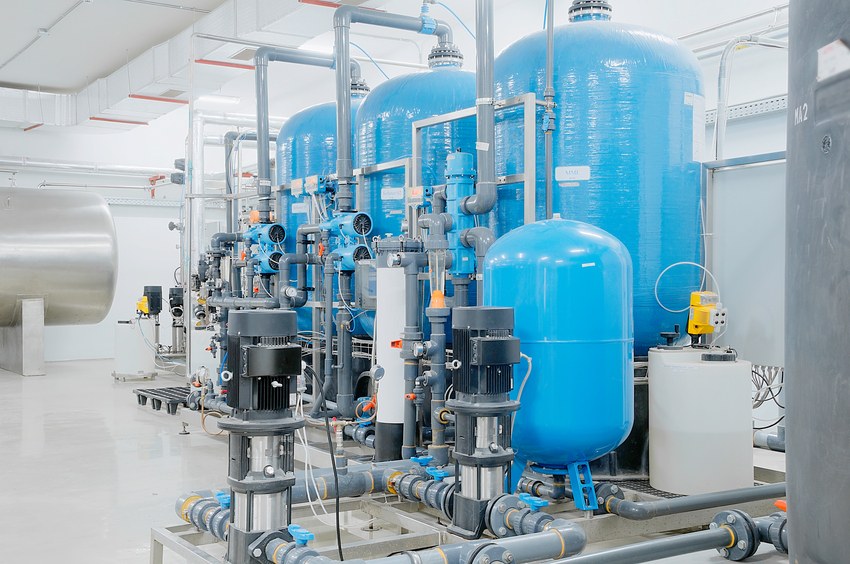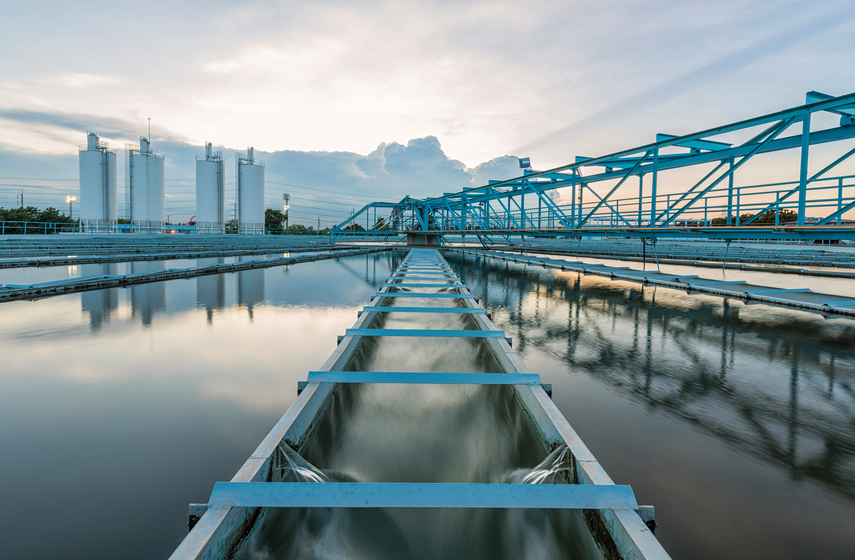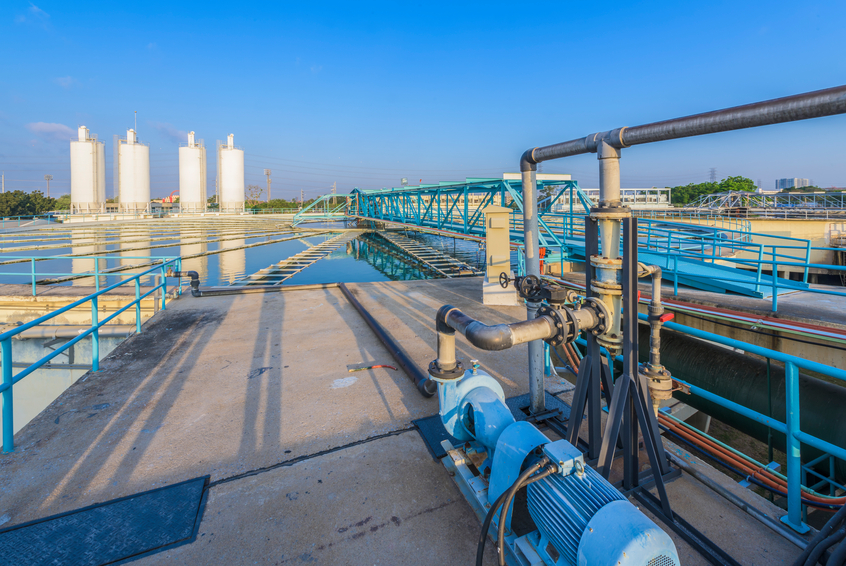Iowa Chemical 10 PDH Discount Package 3
An Introduction to Treatment of Closed Industrial Water Systems (H03-005)
UV Disinfection Systems for Drinking Water - Planning and Design (C04-007)

This online engineering PDH course will introduce you to techniques for water desalination using membrane technology. You will learn about the theory of electrodialysis, electrodialysis stacks, electrodialysis reversal, and reverse osmosis. It will discuss the advantages and disadvantages of system configurations and membrane materials. You will learn about the materials and equipment employed in typical membrane water desalination plants.
Water desalination systems may employ different technologies depending on a variety of technical and economic factors. One of the most important systems relies on membrane technology.
This 3 PDH online course course is intended for civil engineers, environmental engineers, mechanical engineers, electrical engineers and other design and construction professionals wanting an introduction to membrane techniques for water desalination. After completion of this course you will be prepared for advanced learning about membrane systems for water desalination, which in turn will prepare you for desalination project planning and design.
This PE continuing education online is intended to provide you with the following specific knowledge and skills:
- Learning the theory behind electrodialysis
- Learning about electrodialysis stacks and the importance of electrodialysis reversal
- Learn about osmotic pressure and the reverse osmosis technology
- Understanding the importance of energy recovery in membrane systems
- Learning about spiral-wound membranes and how they are employed in water desalination
- Understnding the advantages and disadvantages of membrane materials
In this professional engineering CEU course, you need to review the course document titled, "An Introduction to Membrane Techniques for Water Desalination".
Upon successful completion of the quiz, print your Certificate of Completion instantly. (Note: if you are paying by check or money order, you will be able to print it after we receive your payment.) For your convenience, we will also email it to you. Please note that you can log in to your account at any time to access and print your Certificate of Completion.

This online engineering PDH course presents best practices for treatment of closed industrial water systems used to provide heating, cooling, or both for buildings and industrial processes.
The term "closed water system" refers to a water system that is used to provide heating, cooling, or both for industrial processes or facilities. The system is sealed (closed), sometimes under pressure, and is not open to the atmosphere. No evaporation takes place and, with good operation, water is lost only minimally from the system.
In general, water treatment for closed systems is much easier than for open systems. Makeup water is needed only to replace seal leakage and other incidental leakage. Because of the small makeup water requirements of these systems, they require little chemical treatment, which can be added intermittently as needed. Once properly treated, the system water does not form scale and has little or no corrosion potential. Two main types of closed water systems are used at many installations: hot water closed heating systems and chilled water closed cooling systems.
This 3 PDH online course is intended for mechanical engineers and other design and construction professionals wanting an introduction to the technologies, equipment and operational practices for treatment of closed industrial water systems used to provide heating, cooling, or both for industrial processes or facilities.
This PE continuing education course is intended to provide you with the following specific knowledge and skills:
-
Learning about treatment of hot water systems
-
Learning about treatment of closed chilled water systems, brine systems, and glycol systems to supply cold or chilled water for cooling processes and air conditioning
-
Learning about treatment of diesel engine jacket cooling systems
-
Learning about water treatment programs for both closed hot water and closed chilled water systems to control corrosion and deposition of microbiological organisms
-
Learning about treatment of makeup water
-
Learning about corrosion control program options;
-
Learn how to implement sulfite-caustic, nitrite-azole, and polysilicate-azole treatment programs
In this professional engineering CEU course, you need to review the course document titled, "An Introduction to Treatment of Closed Industrial Water Systems".
Upon successful completion of the quiz, print your Certificate of Completion instantly. (Note: if you are paying by check or money order, you will be able to print it after we receive your payment.) For your convenience, we will also email it to you. Please note that you can log in to your account at any time to access and print your Certificate of Completion.

This online engineering PDH course provides planning and design principles to install UV disinfection at a public or private drinking water facility. This course is a companion course to the course titled, UV Disinfection for the Drinking Water Industry (Course No: C04-006). This course includes a description of the components of UV equipment and describes the design principles used to install these systems at new or existing water treatment plants. This material is based on recommended guidance from the EPA and is based on sound engineering principles and practices.
This 4 PDH online course is intended for wastewater treatment engineers and environmental professionals seeking to gain an understanding of UV disinfection technologies. The course will also be beneficial for a student with basic knowledge of water treatment design. It is also an excellent overview for those professionals involved in the planning and design of installing UV systems at water treatment plants.
This PE continuing education course is intended to provide you with the following specific knowledge and skills:
- How to design a UV disinfection system for drinking water teatment
- Regulatory guidance for complying with UV installations
- Components and installation requirements of various types of UV systems
- Support information for UV disinfection consideration
In this professional engineering CEU course, you need to review Chapter 3, "Planning Analysis for UV Facilities" and Chapter 4, "Design Considerations for UV Facilities" of the EPA Guidance Manual EPA 815-R-06-007, "UV Disinfection Guidance Manual for the Final Long Term 2 Enhanced Surface Water Treatment Rule, November 2006".
Upon successful completion of the quiz, print your Certificate of Completion instantly. (Note: if you are paying by check or money order, you will be able to print it after we receive your payment.) For your convenience, we will also email it to you. Please note that you can log in to your account at any time to access and print your Certificate of Completion.